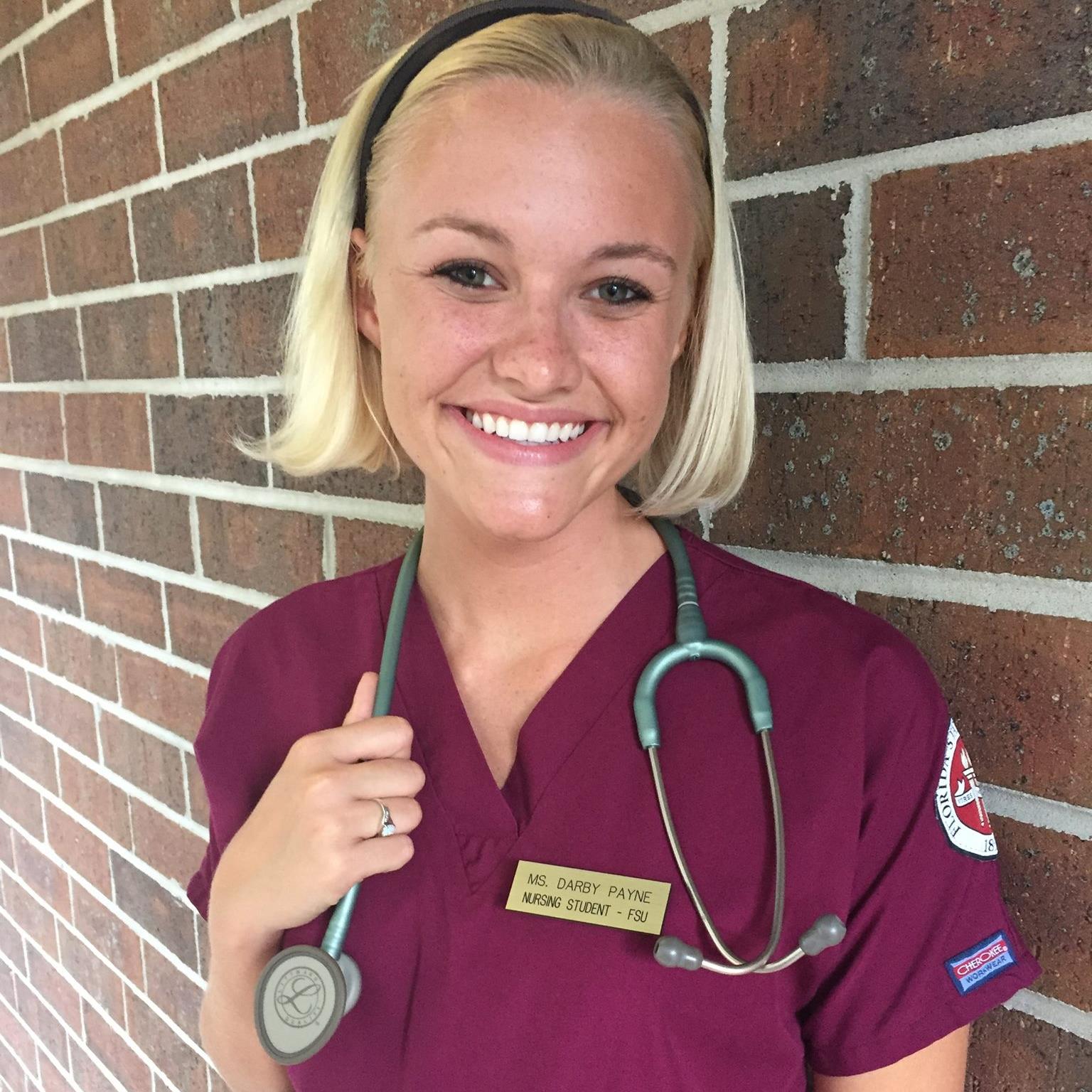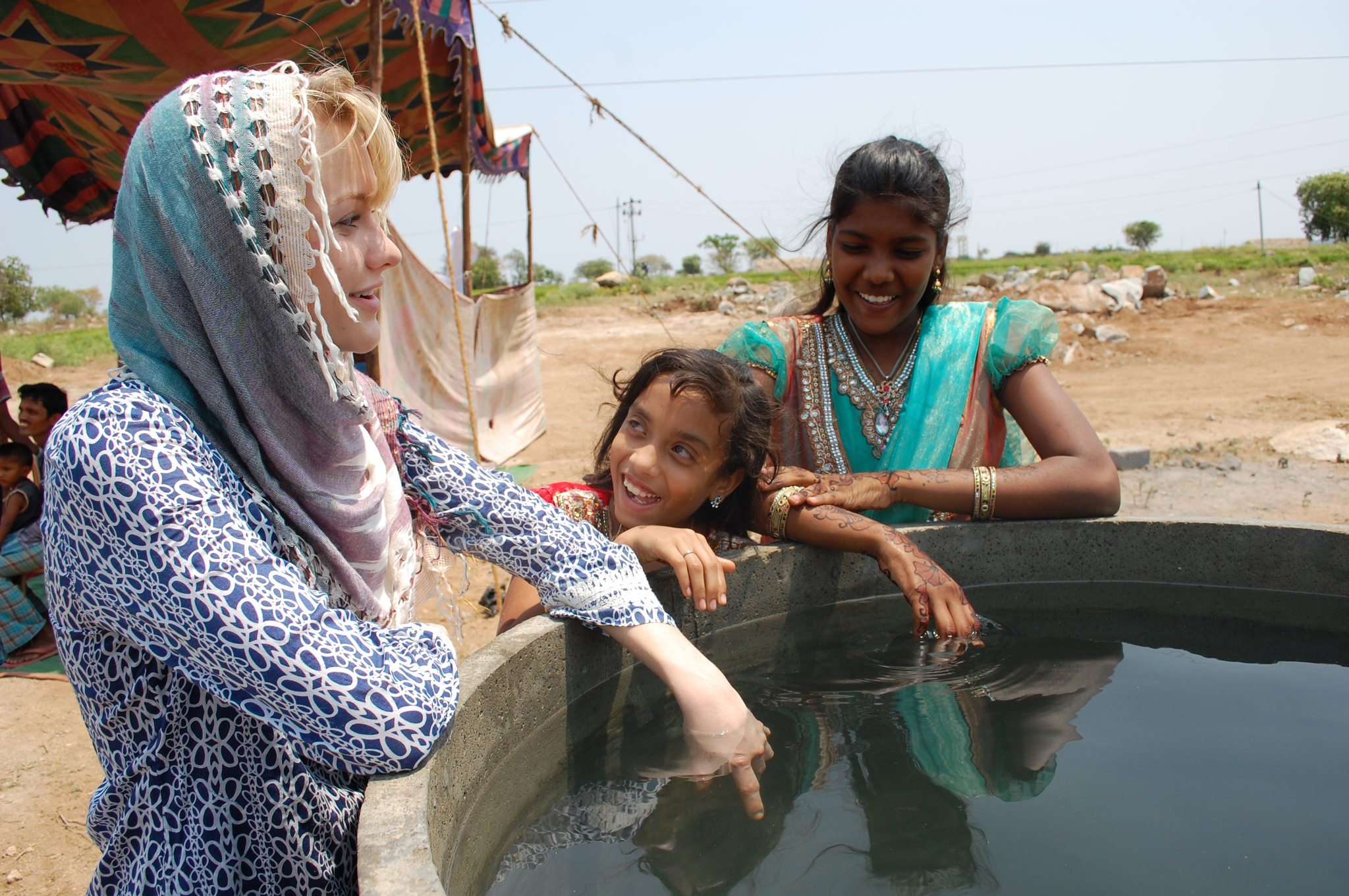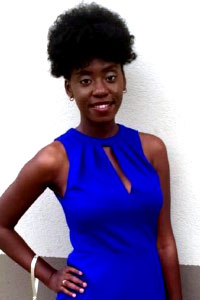Darby Payne is a junior at Florida State University, studying to become a nurse.
Her study of medicine shows her mission to make sure that people in third-world countries receive the basic medical attention they deserve, a mission that began with her forming the Bandages of Raju.
A trip abroad and witnessing a little boy in need of medical attention was all it took for Payne to launch an organization that would help those with similar issues to Raju.
Shannon Mondesir: What is Bandages for Raju?
Darby Payne: Bandages for Raju is an organization that was started at Florida State in September 2015. We are currently operating as an RSO (registered student organization), with our primary focus being to send basic medical supplies overseas, while creating student advocates for global health.
The name Bandages for Raju comes from an interaction that I had with a young boy while I was in India. The group I was traveling with was in a rural village many hours outside of Hyderabad. I remember throwing a ball around with some children, when I noticed a small boy with a terribly infected knee. It looked like it caused him an immense amount of pain to even walk, as he was limping around after the other children. I had never seen a wound so white and crusted over before, and when I asked, I discovered that he had fallen while playing and scraped his knee, and through some course of events, it became very infected.
It struck me that this was such a simple problem, but, because of lack of access to basic medical care, it had evolved to a point where it impacted this boy’s life in a very negative way. This boy was named Raju.
After returning home, I thought more about blatant disparity in access to medical care based solely upon geography. After my freshman year at FSU, I started to look into what we, as students, could do to help. Shortly after, Bandages for Raju was started up, and we began shipping basic medical supplies to the Bon Samaritan Clinic in Senegal.

SM: Could you explain the process of forming Bandages for Raju. How did you manage to get people on board to help you?
DP: Forming BFR was a process that was definitely a little more than I bargained for—there was a lot that went into setting up the organization and laying out the values that we wanted to operate by, as well as the constitution that the university requires in order to be a recognized organization. Though this was challenging process, I was amazed at how willing people were to get on board with our cause.
After the basic executive positions were filled, we began talking to more and more students who were interested in helping. I was worried that people would not care, as it is easy to live a life where “taking care of number one” is the first and only priority. Once students realized that the only thing separating their life and the life of someone living in abject poverty is where they were born, people wanted to help. They wanted to use their position and their privilege to help better the lives of others.
SM: What are your goals for BFR?
DP: What started as a simple idea to send basic supplies to a clinic has since grown to an organization with around thirty active members and three-to-four shipments of medical supplies to Senegal every year.
The organization is currently a very small group of people working against a very large need. It is my hope that BFR continues to grow here at Florida State, and that more and more people become aware of this basic need that can so easily be filled. I think there is no limit to the growth BFR could see, so long as the members and executive board remain dedicated.
SM: What are your plans for post-grad? Are you going to continue BFR?
DP: My rough plan after graduation is to work for a few years as an R.N. to solidify my clinical skills, before then returning to school to earn my Doctorate of Nursing Practice. I’m interested in working with populations that have a distinct lack of medical care, whether that be locally or overseas, and doing what I can to help meet those needs. Long term, I hope to set up a clinic that will provide quality medical care to underserved populations at little or no cost to the patient.
I am constantly inspired by the will of individuals to better themselves, and this form of community nursing would allow me to be in close contact with that will every day. Everyone wants to do better, to live better and be better than they were the day before, and access to healthcare is a crucial first step in giving someone to the tools to help themselves.
SM: How will you manage Bandages for Raju after you graduate?
DP: As a junior this year, I have begun thinking about what will happen to BFR after I graduate. This has been something that I have spent a lot of time discussing with the executive board, and it is our collective hope that we can pass this organization on to qualified leaders who will grow it even more. We are working on making clear and defined goals for each executive board position, and making sure that future members are aware of the resources that are available to them.
Even when I am not physically at Florida State, BFR will obviously still be something that holds a large portion of my attention. Our current executive board has agreed to be accessible to the future members so that we can answer any questions and keep up with what is happening. By staying in touch, future leaders should have everything they need to push this organization even further than we were able to.
SM: How can someone help your organization?
DP: There are many ways for people, especially students, to get involved with BFR. We are always accepting private donations to purchase medical supplies in bulk, but we are aware that not everyone is able to contribute financially. Becoming educated about the state of global health and advocating for this cause is just as valuable and can create a ripple effect that cannot be fully measured.
Multiple students within the organization have reached out to their own contacts and formed fundraisers, or helped BFR forge partnerships with donor organizations. Attending our meetings and fundraisers is an excellent way to become more aware about the logistics of how we run, and the wonderful clinic we are currently partnered with. Becoming informed is the first step to any kind of positive change, and we hope to serve as a platform for students to learn more so that they can do more.

















